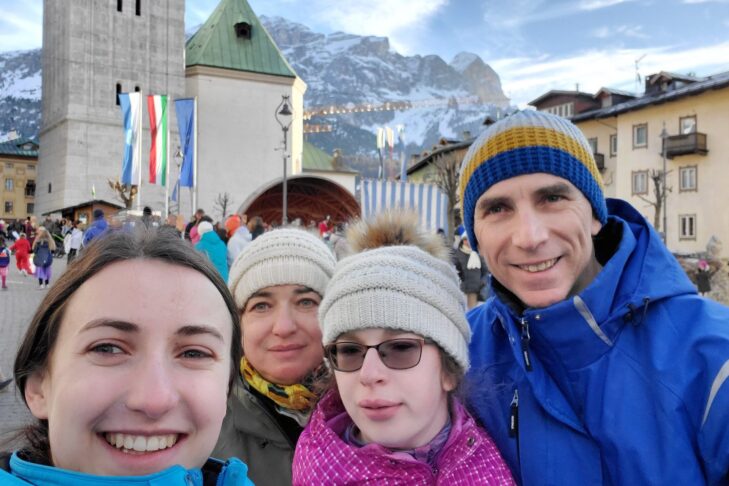Known as “the summer slide,” researchers have long observed academic decline over the extended summer break. Students, especially those who cannot afford enrichment summer programs, often forget much of their previous studies, while younger students lose the daily learning that keeps their developing brains engaged.
In the unprecedented COVID-19 outbreak, this “summer brain drain” has been extended by months for certain students. While schools and parents are looking for ways to keep students engaged in the learning process, one community is being largely left out: children with special needs.
Although these students are often more than capable of learning the same material as their peers, some require slightly more time and attention in order to achieve mastery of their classes. This extra time is usually provided through schools by various enrichment programs, supplemental practice work and extra help from teachers, but with schools closing, these students have largely lost access to these programs necessary for their educational success.
This is what inspired the creation of the Special Ed Coop project: an informal school created as a temporary replacement in order to provide education to those who need it most.
The Special Ed Coop project was initially started by the Zilberg family, longtime members of the Jookender community. Sophia Zilberg, 16, is on the autism spectrum. A member of Jookender’s Melting Pot program, Sophia attends a special school designed specifically to assist children with disabilities. When the COVID-19 outbreak led to its temporary closure, her father and sister, Konstantin and Simona, recognized the benefits of Sophia’s continued engagement in learning. Already having had experience hosting programs for children with disabilities through WeCanTest!, a program that teaches computer science to kids on the autism spectrum, they decided to create a program for her and her classmates. Thus, Special Ed Coop was born.
The program provides a complete schedule of classes and involves teenage volunteers and professional guest speakers in the teaching process. Subjects include English, history, math and computer science, among others. These classes act as enrichment and review for material that Sophia and her classmates were learning.
Although Sophia’s school slowly implemented remote learning several weeks after the beginning of the outbreak, Konstantin and Simona decided to continue the school; they simply adjusted the hours in order to not compete with regular schools. Acting as an enrichment program that supplements shortened school hours, the program is continuing and accepts up to five or six students in the class.
Amidst today’s uncertainty, one thing remains certain: Konstantin and Simona will continue to do whatever they can to enrich the education of Sophia and other local students with disabilities.
Jookender is proud to assist its community members. If you or someone you know is interested in volunteering, please reach out to kzilber@wecantest.com.
Arthur Andreev and Daniel Sardak are Jookender Metrowest teenagers from the 2nd Cohort/Kaveret of the Social Entrepreneurship program.
This post has been contributed by a third party. The opinions, facts and any media content are presented solely by the author, and JewishBoston assumes no responsibility for them. Want to add your voice to the conversation? Publish your own post here. MORE


